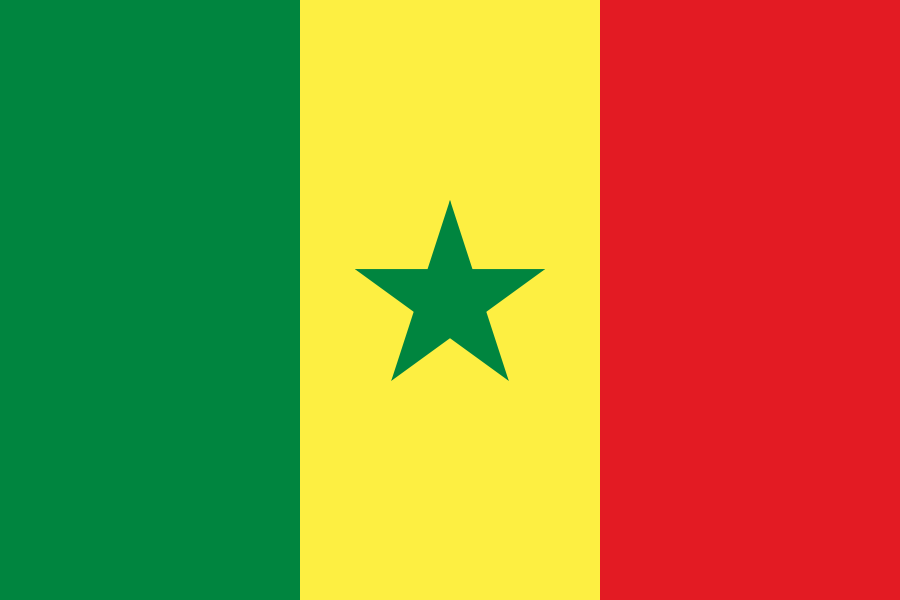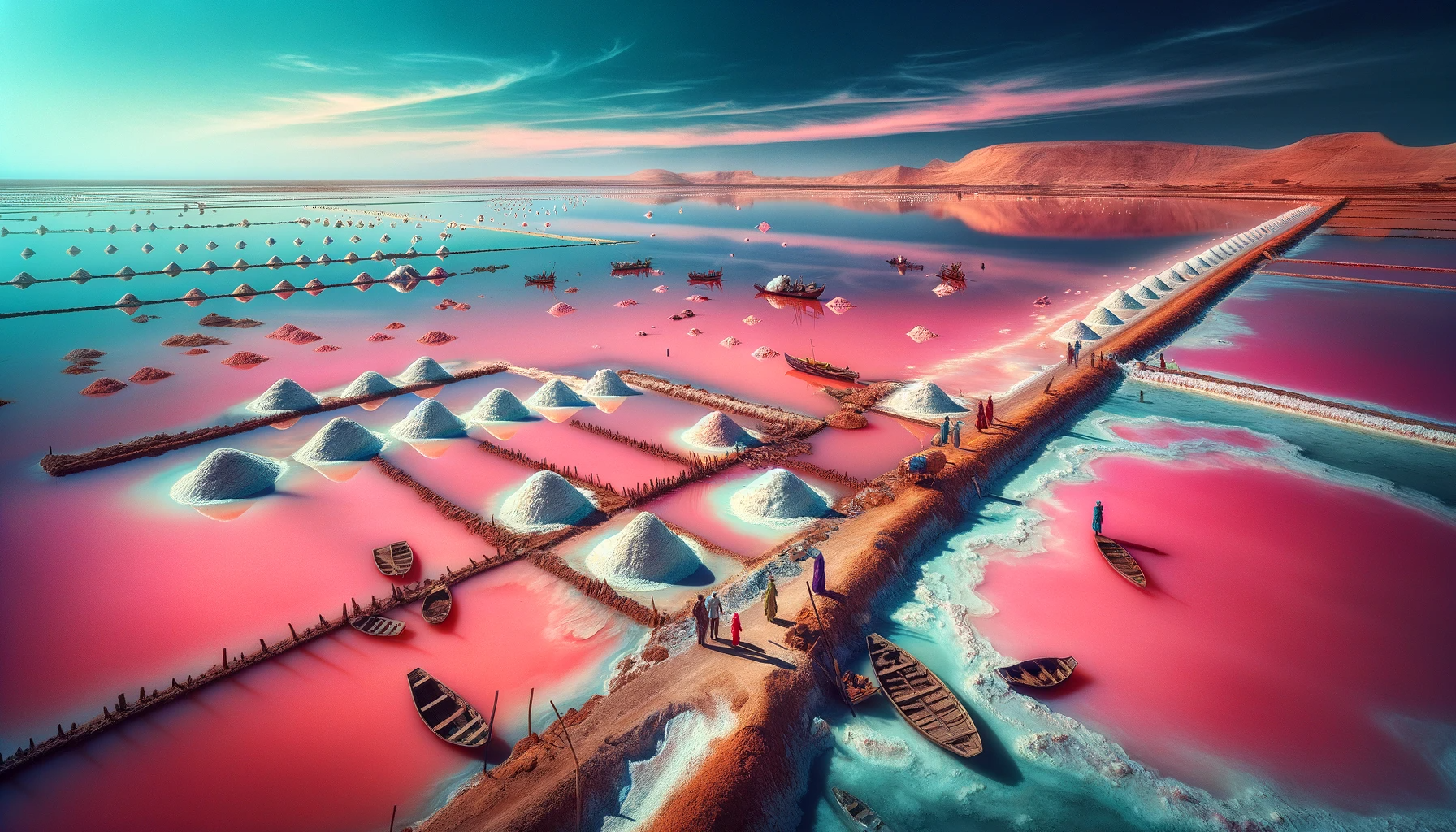Senegal is a country with a rich cultural heritage, known for its political stability and diverse society. It continues to face various developmental challenges but remains committed to sustainable growth and playing a key role in regional stability.
List of National and Public Holidays in Senegal (Africa) for the year 2024
- New Year’s Day: Monday, 1. January 2024
- Easter Monday: Monday, 1. April 2024
- Independence Day: Thursday, 4. April 2024
- Eid al-Fitr: Wednesday, 10. April 2024
- Labour Day: Wednesday, 1. May 2024
- Ascension Day: Thursday, 9. May 2024
- Whit Monday: Monday, 20. May 2024
- Tabaski (Eid al-Adha): Sunday, 16. June 2024
- Ashura: Tuesday, 16. July 2024
- Assumption Day: Thursday, 15. August 2024
- Magal de Touba: Thursday, 22. August 2024
- Prophet Muhammad’s Birthday: Sunday, 15. September 2024
- All Saints’ Day: Friday, 1. November 2024
- Christmas Day: Wednesday, 25 December 2024

History
- Early History: Inhabited since prehistoric times, with evidence of various ethnic groups settling over the centuries.
- Colonial Era: Became a French colony in the 17th century. Saint-Louis, its oldest city, was an important center for the transatlantic slave trade.
- Independence: Gained independence from France in 1960, with Léopold Sédar Senghor, a renowned poet and intellectual, becoming its first president.
- Political Stability: Noted for its political stability in a region often beset by political strife, although it has faced challenges like separatist movements in the Casamance region.
Geography
- Location: Situated on the westernmost point of Africa, bordered by Mauritania, Mali, Guinea, Guinea-Bissau, and the Atlantic Ocean.
- Terrain: Features a varied landscape from the arid Sahel region in the north to lush forests in the south. The Senegal River is a significant geographical feature.
- Climate: Tropical climate, with a distinct rainy season and a dry season.
Culture
- Ethnic and Cultural Diversity: Home to various ethnic groups, including the Wolof, Serer, Fula, and Mandinka, each with distinct languages and traditions.
- Arts and Music: Rich in arts, particularly in music. Known for genres like Mbalax, and artists like Youssou N’Dour. Also noted for its storytelling tradition, dance, and handicrafts.
- Cuisine: Features dishes like thieboudienne (fish and rice), yassa (marinated meat), and maafe (peanut stew).
Economy
- Agricultural Base: Economy primarily based on agriculture; peanuts, millet, and sorghum are key crops.
- Fisheries and Phosphates: Fishing is vital to the economy, and the country has significant phosphate deposits.
- Growth and Challenges: Economic growth has been steady, but challenges like unemployment and poverty persist. There are efforts to diversify the economy, including promoting tourism and developing other industries.
Society
- Population: A mix of ethnic and religious groups, with Islam being the predominant religion.
- Languages: French is the official language; Wolof is widely spoken. Several other local languages are also prevalent.
- Education and Healthcare: Government initiatives focus on improving education and healthcare, though challenges in accessibility and quality exist.

Environmental Concerns
- Sustainability and Conservation: Challenges include deforestation, desertification, and preserving marine biodiversity. Efforts are being made towards environmental sustainability.
- Niokolo-Koba National Park: A UNESCO World Heritage site, known for its wildlife and biodiversity.
Government and Politics
- Democratic Governance: Senegal is known for its stable democratic political system. The President is elected by popular vote.
- Regional Influence: Plays an influential role in West African politics, particularly in regional bodies like ECOWAS (Economic Community of West African States).
Tourism
- Cultural and Natural Attractions: Attractions include historic sites like Gorée Island and Saint-Louis, natural beauty like the Casamance region, and vibrant city life in Dakar.
- Festivals and Events: Hosts various cultural festivals and events, showcasing its rich artistic and musical traditions.

